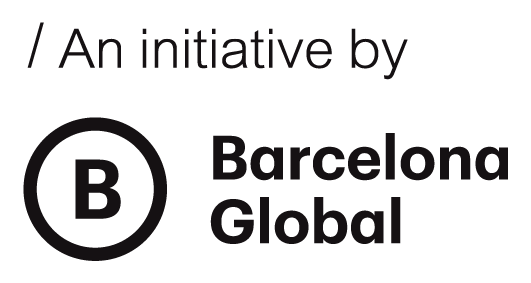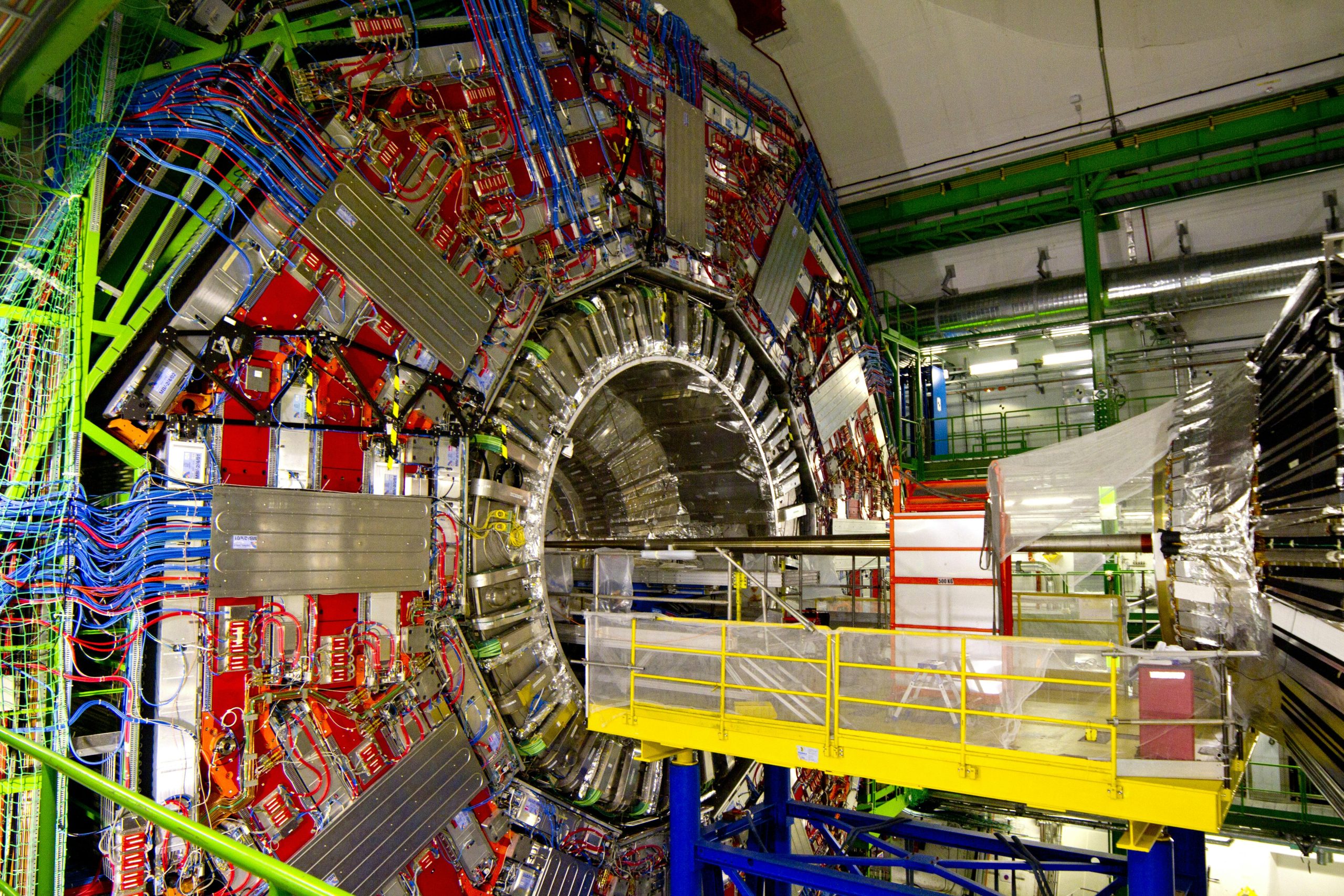Quantum technology is a new field of innovation that, instead of using classical bits, uses qubits that can exist in multiple states at once, allowing certain complex calculations to be solved much faster. This creates powerful tools for computing, communication and sensing, and can revolutionise fields like drug discovery, cybersecurity, and materials science for advanced manufacturing by tackling problems intractable for today’s computers.
Barcelona is positioning itself as a leader in Quantum Tech thanks to a strong ecosystem of research centres, startups, and public investment. Institutions like ICFO, the Barcelona Supercomputing Center, and leading universities are actively developing quantum technology. With growing government support, Barcelona‘s quantum ecosystem offers an attractive landscape for businesses and investors.
Quantum Powerhouses:
BSC-CNS – Barcelona Supercomputing Center: Known for housing MareNostrum (one of Europe’s most powerful supercomputers), BSC is now at the forefront of quantum computing integration. In February 2025, BSC unveiled the first quantum computer in Spain, which, developed by Barcelona startup Qilimanjaro in partnership with tech firm GMV, marks a milestone in hybrid supercomputing. BSC also coordinates the nationwide Quantum Spain programme, which enables researchers and companies to access quantum computing through its facilities.
QuantumCat: Brings together research centres and industry players to accelerate lab-to-market projects in quantum communication, computing, sensing and simulation. It has served as an effective platform for networking and collaborative innovation since its inception.
ICFO – The Institute of Photonic Sciences: A powerhouse in quantum optics and photonics. It drives work in areas like quantum communications and sensing, and has produced multiple successful spin-offs. ICFO is deeply involved in European quantum programmes, participating in seven EU Quantum Flagship projects and coordinating two of them.
Quantum Startups and Commercial Players:
Qilimanjaro Quantum Tech: A spin-off from Barcelona Supercomputing Center, University of Barcelona and IFAE, Qilimanjaro focuses on analogue quantum computing, co-developing the MareNostrum.
Quside: Born out of ICFO, Quside builds high-speed quantum random number generators for advanced cybersecurity. Its technology is already being applied in sectors like telecoms and critical infrastructure.
LuxQuanta: Also an ICFO spin-off, LuxQuanta develops quantum key distribution (QKD) systems, a technology for distributing encryption keys with absolute security guaranteed by quantum physics. It gained EU recognition through the EIC Accelerator and is bringing quantum encryption closer to market.
Barcelona’s annual Mobile World Congress 2025 featured quantum technology showcases, reflecting a growing interest in the field. For companies considering an expansion – a local innovation cluster is already in place – with startups to partner with or invest in, skilled engineers to hire, and a tech-savvy market eager to adopt quantum solutions.
Government initiatives:
Barcelona has made quantum technology a strategic priority, backing it with targeted public investment and long-term vision. QuantumCAT plays a central role in connecting research centres and companies to accelerate innovation and knowledge transfer, and, in addition, two major initiatives are shaping the future of quantum tech in the region:
Vall de la Quàntica: Launched by the Catalan government in 2025 with a €43 million budget, this programme is led by ICFO and aims to establish Barcelona as a European leader in quantum research, talent, and commercialisation.
Quantum Spain: A national initiative coordinated by BSC, Quantum Spain supports the development of quantum computing infrastructure across the country and ensures access to researchers and companies through a public supercomputing network.
Together, these initiatives provide a supportive framework for companies operating in Barcelona’s quantum ecosystem, helping turn research into real-world impact.
University groups:
UB – Universitat de Barcelona: Through its IN2UB (Institute of Nanoscience and Nanotechnology), UB conducts key research in quantum materials and optics. Its scientific work supports advances in quantum hardware and has contributed to partnerships with institutions like IFAE and BSC.
UPC – Universitat Politècnica de Catalunya: UPC contributes strong expertise in quantum simulation, cryptography, and computing models, collaborating with research centres and startups to develop secure communication protocols and innovative computing solutions.
UAB – Universitat Autònoma de Barcelona: UAB is actively involved in quantum algorithms and information theory, and plays a central role in the region’s innovation ecosystem.
Barcelona is playing a leading role in shaping Europe’s quantum future. With top-tier research, innovative startups, and strong public support, the city offers a unique environment for turning quantum potential into real-world impact. For businesses and investors, it’s a place where the future is already being built.


